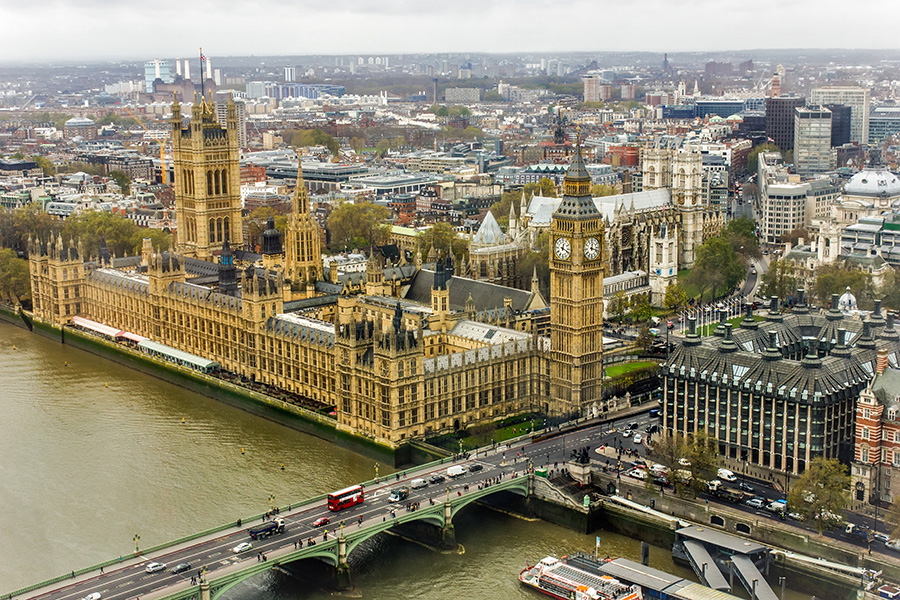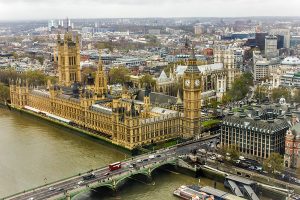Reports suggest UK will announce online casino stake limit and ban on free bets

The gaming industry has been lobbying against a ban on free bets as recently as this week.
UK.- With the UK government still holding off on publication of a gambling white paper that’s been “coming soon” for about six months, speculation is rife about what measures will finally be proposed.
Earlier in the month, The Times claimed that the anticipated overhaul of gambling legislation had been “watered down”, with the government to drop plans for a ban on gambling sponsorship in sport and the introduction of a mandatory levy to fund gambling harm treatment and prevention. However, the same newspaper has now reported that other measures that the industry lobbied against will make it to the proposed update of the 2005 Gambling Act.
The Times and The Mail both claim to know much of the contents of the delayed whitepaper. They report that prime minister Boris Johnson will stick to his 2019 General Election promise to curb the online gambling sector, introducing “maximum stakes of between £2 and £5 for online casinos, a ban on free bets and VIP packages for those who incur heavy losses, and ‘non-intrusive’ affordability checks.”
As recently as this week, the industry standard and lobbying group the Betting and Gaming Council (BGC) attacked calls for a ban on free bets, citing new research that suggests it would push “almost a third of punters” to the black market and “suck millions out of horse racing”.
It cited new research it commissioned from YouGov showing that 69 per cent of players believe free bets should be allowed and 63 per cent see promotions as a valuable part of gaming. Most worryingly, almost one in three punters (28 per cent) said they would consider betting via the black market if promotions were banned on the regulated market.
Other measures to be proposed are reported to include requirements for operators ‘to remove features from online games that increase the level of risk for customers’ – something already included in the BGC’s own code of conduct for game design. The newspapers report that the combined restrictions could cause gambling revenues to drop by more than £700m.
Other measures will reportedly grant the Gambling Commission “new powers and additional funding from an increase in fees paid by the industry’ but a new ombudsman will also be created to oversee customer disputes.
In the end, if the reports are correct, it seems the new legislation will fail to entirely please either side, which perhaps suggests it’s actually the most likely compromise that could be expected. While the industry will not be happy about a ban on free bets, anti-gambling campaigners will also be disappointed that widely expected plans to ban gambling operators from sponsoring football were dropped.
It’s reported that instead of an outright ban, which could harm the income of small clubs, the Premier League will tell its clubs to voluntarily refuse gambling sponsorships. The government would then keep a ban “in reserve” in the event that such a measure fails to have the desired impact.
The newspapers report that the government still plans to publish its gambling white paper this summer, but conflict over certain points may hold it up further.









